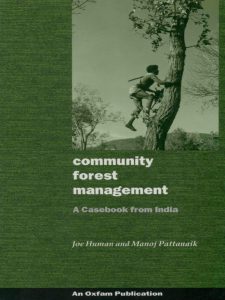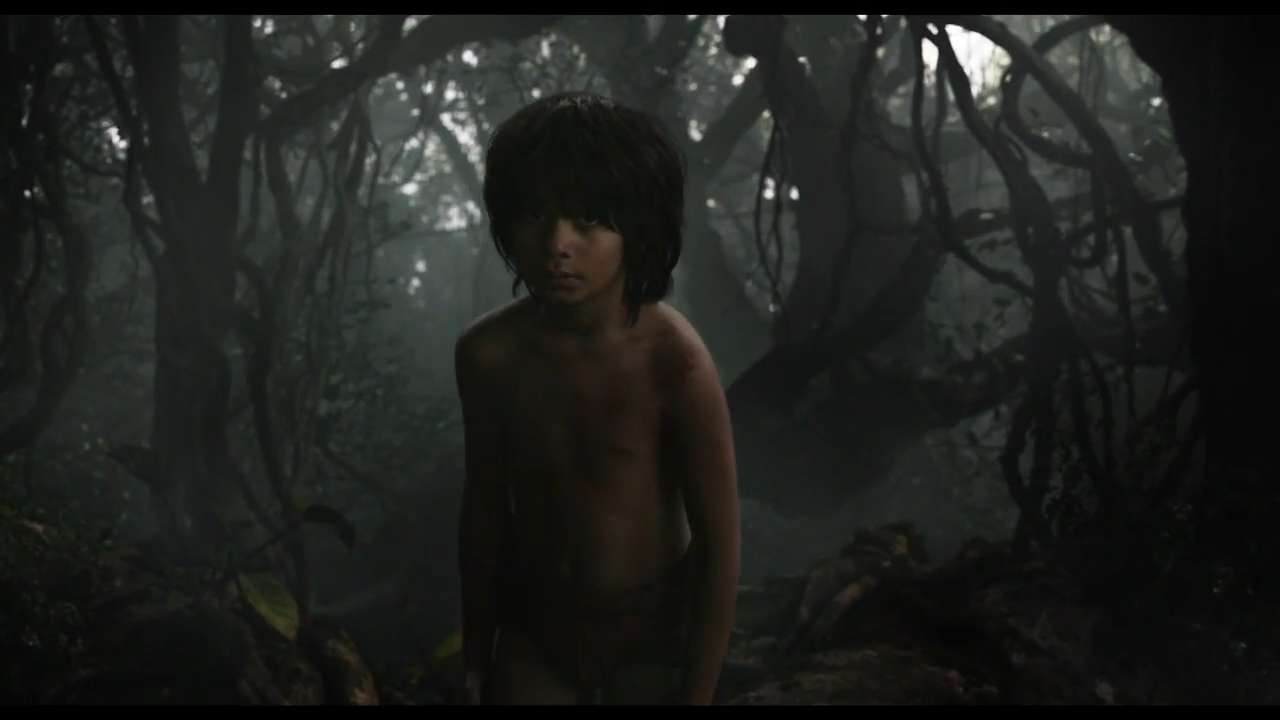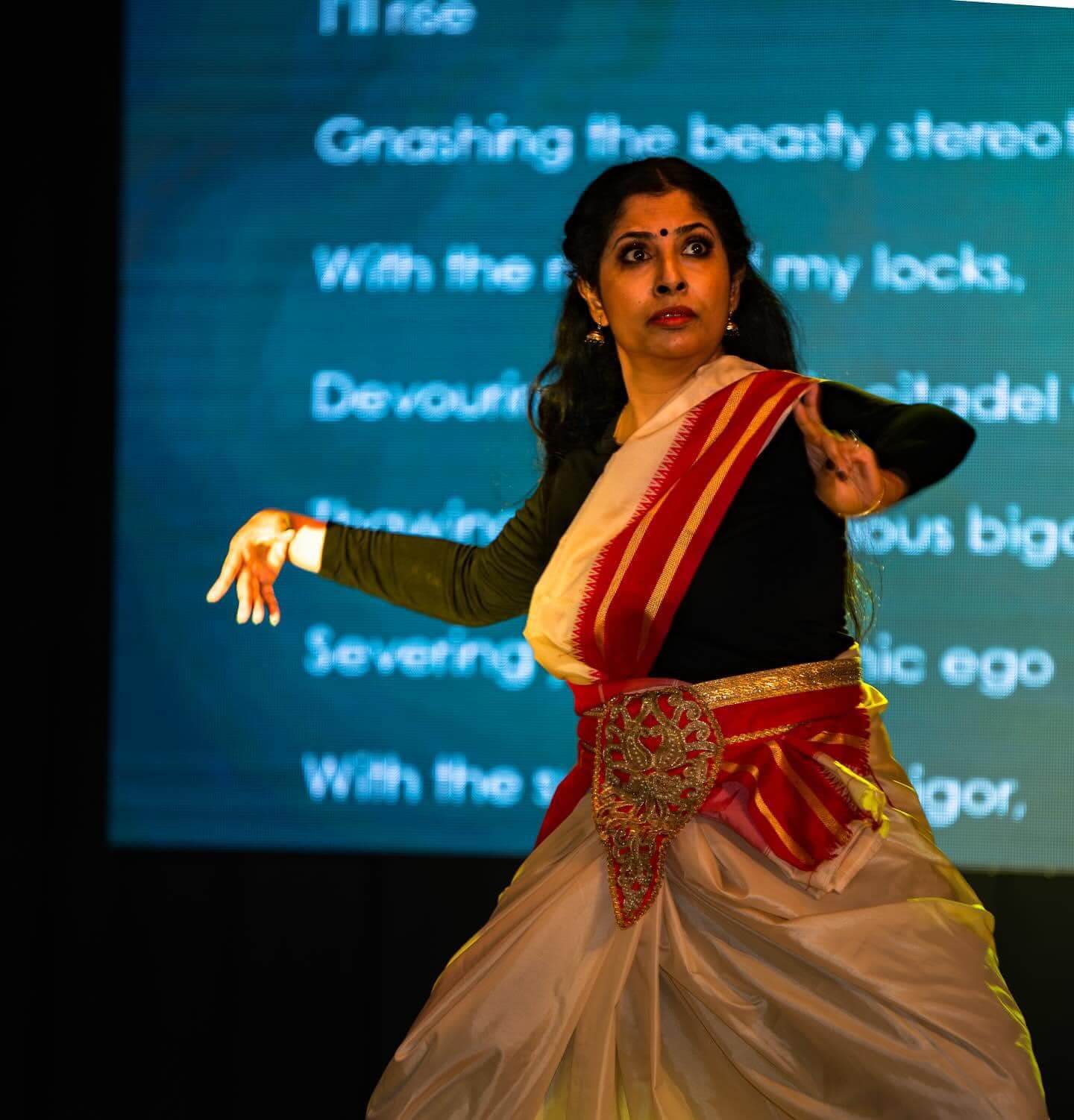Mowgli’s woody world is full of deep love for the jungle and animals of all shapes and sizes, within it. Rudyard Kipling’s story is laced with moral lessons to respect Nature and greenery. Mamta tells us how Joginath Sahoo’s green brigade in Odisha, and P.T. Shinde, a school teacher, near Pune, helped reforestation. Also, the Adivasis have often ended up being the protectors of the greens. Here’s an in-depth analysis and a solution to deforestation, exclusively for Different Truths.
All of us have heard Gulzar’s peppy song, ‘Chaddhi pehen ke phool khila hai’ about Mowgli; the cute, fictional, feral, naked protagonist of Rudyard Kipling’s, ‘The Jungle Book’.
Mowgli’s woody world is full of deep love for the jungle and animals of all shapes and sizes, within it. Anthromorphic in nature, argues novelist Marghanita Laski, the story was laced with moral lessons to respect Nature and greenery. Charles Carrington, Kipling’s biographer, was of the view that Mowgli’s character was a part of a successful fable, treating the jungle as an integrated whole, offering better experiences for the reader, young or old, to become a conservationist.
Unlike popular Mowgli, I bet very few have heard of Joginath Sahoo, a village school teacher from Kesharpur, Orissa. While teaching his students, Joginath was stirred by a pastoral poem, written by Oliver Goldsmith, in 1770, ‘The Deserted Village’. The poem is a critique of rural depopulation, describing how a village, Sweet Auburn, had been deserted. Joginath did not want his students to suffer the same fate. A gruesome incident in 1978 also deeply affected Joginath. A young man named Balia, working in a joint family was thrown out of employment when the large family broke into fragments. He came back to live with his young er brother and died a premature death. Due to deforestation, no wood could be arranged for his pyre. His body was thrown into the river Kusumi. Unfortunately, Balia’s body was not swept away but the jackals partially ate it and the rest of his dismembered limbs were strewn all over.
er brother and died a premature death. Due to deforestation, no wood could be arranged for his pyre. His body was thrown into the river Kusumi. Unfortunately, Balia’s body was not swept away but the jackals partially ate it and the rest of his dismembered limbs were strewn all over.
Determined that this should not be the story of anyone in Kesharpur, what Joginath did was phenomenal. Joginath and his band of green brigade established Bruksha O’ Jeevar Bandhu Parishad (Friends of trees and living beings). For 45 years, this man with the green vision has been planting a sapling and environmental protection has become his Raison d’etre. (Joe Human and Manoj Patnaik, ‘Community Forest Management’, published by Oxfam.)
Ranmala, a drought-prone village near Pune, was transformed by P.T. Shinde, a retired school teacher. He just asked people to plant saplings if there was a birth, (Janm Vruksha) death, (Smruti Vruksha) marriage or special occasions (Ananda Vruksha). The family nurtured the sapling like its own, making the greening movement successful.
When we talk of environmental protection wisdom, how can the Adivasis be far behind! Adivasis or the aboriginal population of India are also the protectors of our forests. It is important to understand the Adivasi way of life. The Adivasis have often ended up being the protectors of the greens. They have always revered the jungles and tried to prevent deforestation. They take from the forest only for their need and try to give back what they have taken. Sitakant Mahapatra quotes from Santhal and Kondh literature in celebration of the earth:
Let the earth be green with our crops.
Let there be no hindrance to our movements.
Let there prevail among us
The spirit of mutual love and goodwill.
Trees are a gift. In the Hidden Life of Trees, Peter Wohlleben describes how trees are like human families in forests and groves: tree parents live together with their children, communicate with them and care for  each other. They support each other, give warning signals in case of dangers, and share nutrients with those who are sick and struggling. These protected tree communities live till ripe old age.
each other. They support each other, give warning signals in case of dangers, and share nutrients with those who are sick and struggling. These protected tree communities live till ripe old age.
I encourage you to look at the city, you and I live in: sans trees, with a severely poor Air Quality Index (AQI), you and I breathe in. As the AQI has been increasing, it has impacted our health adversely. In the name of development, numerous trees have been massacred but the Adivasi tree etiquette has not been followed i.e. nothing has been planted in return. The urgent need of the hour is to green our microcosm, not with envy and greed but with saplings; that grow and exert their positive influence. Once we take care of the microcosm, its resonance will affect the macrocosm: the pollution-choked, smoggy Frankenstein we created for us and sadly, for the unfortunate inheritors, will someday become a kind of place we want to live and breathe in.
Let us go green! Let us all unleash the Mowgli in us!
©Mamta Joshi
Photos from the Internet
#MougliAmongUs #Environment #Environmentalist #PlantingMoreTrees #AirQualityIndex #JoginathSahoo #PTShinde #SaveOurEarth #DifferentTruths






 By
By
 By
By
 By
By